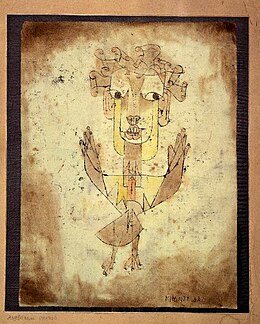Who does not need art? Art has always been part of human civilization, including in modern society. From a critical theory perspective, art has a crucial role in revealing the oppression that happens in everyday life, liberating people, and building a community (Gemeinschaft) of free men.
Critical Theory emphasizes the role of art as a force for activism and social change. Artists frequently question authority, challenge accepted standards, and promote social justice using their creativity.
Important social and political movements like civil rights, LGBTQ+ rights, and environmental action have all been fueled in part by art. Art challenges society to consider its systems critically and motivates people to act for good change by presenting alternative narratives and imagining a more egalitarian future.
In the context of contemporary culture, art continues to be crucial to opposing dominant ideologies. Artists can reveal the inequalities in society by questioning tradition and challenging norms.
Art challenges viewers to think critically and defies the status quo through satire, irony, and thought-provoking images. It disrupts the prevailing oppressive system and encourages deeper understanding to identify unnoticed inequalities.
From a critical theory perspective, art is about eradicating “false consciousness,” elevating our awareness to a direct awareness of our oppression, which inspires us to resist (Young, 2018).
In the age of capitalism and consumerism, art faces paradoxes. On the one hand, art is supposed to be a way out that liberates people from oppression. On the other hand, artworks are commercialized and frequently considered commodities and status symbols. Art is neither a genuine medium of expression nor a force for social change. Sometimes, this artwork loses some of its transformative power.
The significance of art in modern culture also overlaps with environmental awareness. Artists use their skills to highlight these environmental issues. Artists promote environmental awareness and stimulate group action in the direction of a more sustainable future through eco-art, installation works, and multimedia arts.
Last but not least, critical theory sees art as having a significant role in modern society. Art acts as a potent vehicle for social change, giving voice to underrepresented groups and inspiring social change. The function of art in creating a more just and equitable world is crucial because it pushes back against dominant ideologies and promotes environmental awareness.
Although art encounters difficulties in facing capitalism and consumerism, perhaps we can strike a balance between art as authentic expression, a mass cultural product, and its transforming power. In the future, it will become increasingly important to acknowledge and promote art’s transforming power in order to promote a more liberated and critical-thinking global community.


